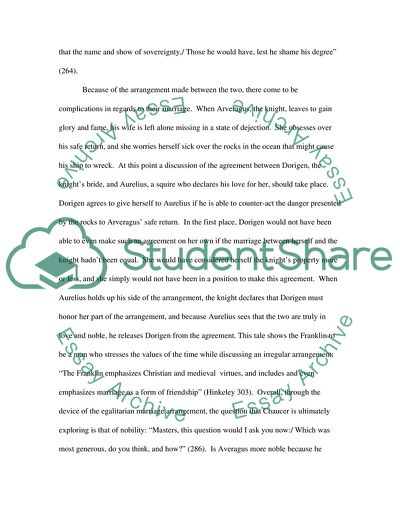Cite this document
(Marriage in The Canterbury Tales Essay Example | Topics and Well Written Essays - 1750 words, n.d.)
Marriage in The Canterbury Tales Essay Example | Topics and Well Written Essays - 1750 words. https://studentshare.org/literature/1718417-chaucer-the-canterbury-tales
Marriage in The Canterbury Tales Essay Example | Topics and Well Written Essays - 1750 words. https://studentshare.org/literature/1718417-chaucer-the-canterbury-tales
(Marriage in The Canterbury Tales Essay Example | Topics and Well Written Essays - 1750 Words)
Marriage in The Canterbury Tales Essay Example | Topics and Well Written Essays - 1750 Words. https://studentshare.org/literature/1718417-chaucer-the-canterbury-tales.
Marriage in The Canterbury Tales Essay Example | Topics and Well Written Essays - 1750 Words. https://studentshare.org/literature/1718417-chaucer-the-canterbury-tales.
“Marriage in The Canterbury Tales Essay Example | Topics and Well Written Essays - 1750 Words”. https://studentshare.org/literature/1718417-chaucer-the-canterbury-tales.


